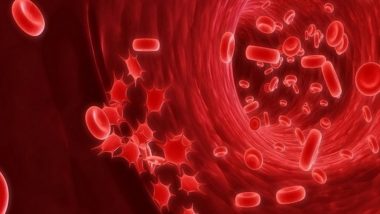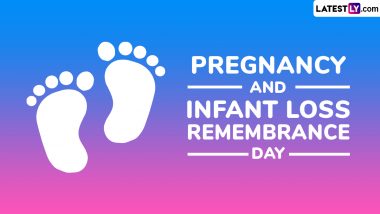Washington, December 31: Very low birth weight infants often need blood transfusions to survive. A National Institutes of Health-funded study suggests that providing a higher threshold of red cells within accepted limits offers no advantage in survival or reduction in neurological impairment over a lower threshold.
The research was conducted by Haresh Kirpalani, B.M., of the University of Pennsylvania, Philadelphia, and colleagues and was funded by the NIH's Eunice Kennedy Shriver National Institute of Child Health and Human Development (NICHD), National Heart, Lung, and Blood Institute, and National Center for Advancing Translational Sciences. The study appears in The New England Journal of Medicine.
Very preterm infants (born before 29 weeks of pregnancy) and those weighing less than 1,000 grams (slightly more than 2 pounds) are at high risk for anaemia because of their early stage of development, reduced ability to produce red blood cells and need for increased blood sampling as part of their intensive medical care. Previous studies suggest that anaemic infants would have a lower risk of death, cognitive delay, cerebral palsy and hearing and vision loss if they received transfusions leading to higher haemoglobin thresholds within the currently accepted range. New COVID-19 Strain: Andhra Pradesh Woman, Who Returned From UK, Tests Positive for New Coronavirus Variant.
Measuring haemoglobin, a protein produced in red blood cells, indicates the proportion of red blood cells. Haemoglobin transfusion thresholds for preterm infants vary according to weight, stage of maturity and other factors.
Of 845 infants assigned to a higher haemoglobin threshold, 50.1% died or survived with neurodevelopmental impairment, compared to 49.8% of 847 infants assigned to a lower threshold. When the two-component outcomes were evaluated separately, the two groups also had similar rates of death (16.2% vs. 15%) and of neurodevelopmental impairment (39.6% vs 40.3%).
The authors conclude that a higher haemoglobin threshold increased the number of transfusions, but did not improve the chance of survival without neurodevelopmental impairment.
(This is an unedited and auto-generated story from Syndicated News feed, LatestLY Staff may not have modified or edited the content body)













 Quickly
Quickly




















